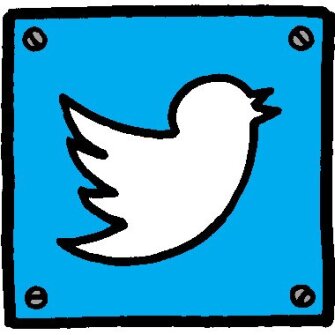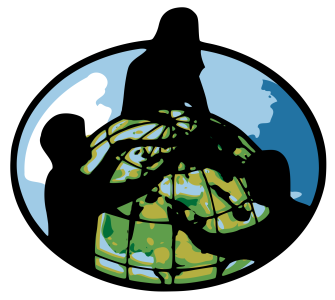I spent much of the election evening numb. Like anyone who follows and believes most media outlets, I was in shock at the election results.
It wasn’t until on the phone later, with a friend, that it hit me. She paused before asking me, “What are you going to tell your kids?”
That’s when I started to cry.
Look, like I’ve said, I don’t strongly support particular candidates in my classroom. That doesn’t feel like my place. Teaching, though, is inherently political. We ask our students to think critically, to question existing systems, to imagine what might be better. We push for them to consider who has power, why, and how we can change those existing and often oppressing structure.
My concern wasn’t necessarily because a presidential candidate was elected, but rather the fear that has accompanied that election. It is one thing to insist on stronger immigration policies, and another to insist that the current residents here are “not [the best]” and “rapists.” It is the kind of rhetoric that has emboldened a subset of Americans to be more apparent in their racism, sexism, anti-Semitism and Islamaphobia than before the election.
Thanks to Molly Solomon at Hawai’i Public Radio for interviewing my students and fellow teachers about how we’re handling the election. Their fear is clear throughout the piece, but Melia’s call to action at 1:35 is especially powerful:
The way that Trump belittles everybody, I'd say don't sink down to that level. Try to teach them, help them learn why what they're saying is wrong, why what they're saying is inappropriate and how they could do it better.
Our kids so often give us more than we can give them. Hearing them made me cry, yes, but it was also what brought me back to my center and renewed hope.
So, what happens now?

I don’t think there’s ever been a more important time to be an American educator. To unbreak these cycles of racist thought in our country, to teach our kids to challenge the existing systems that got us here, and most important to create spaces that are safe and loving in a world that may start seeming less and less accepting—this is our work. Now is the time to not just challenge the system ourselves, but to begin giving our students the tools to do so as well. We often throw the idea that our kids are “the future"—that means helping them face the realities of now and preparing them to push through whatever comes next.
Photo Courtesy of Molly Solomon, HPR


